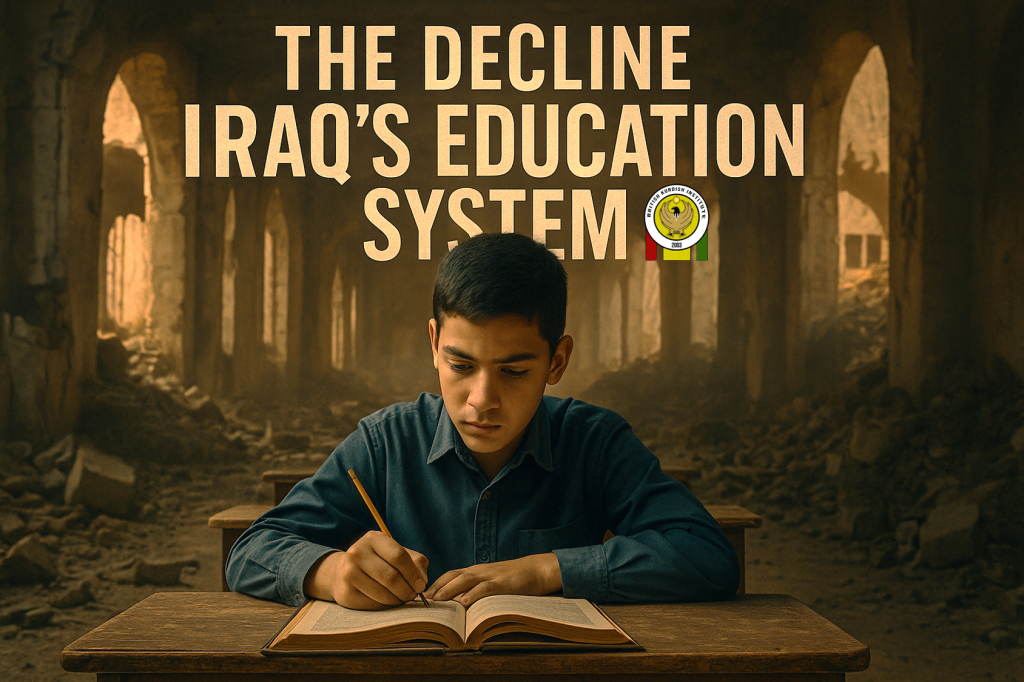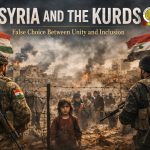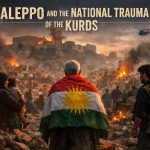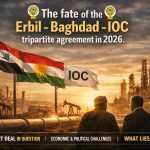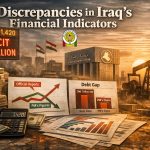Iraq, once known as the cradle of civilization and a hub of learning in ancient Mesopotamia, has a long tradition of education. By the mid-twentieth century, it boasted one of the strongest educational systems in the Middle East. However, decades of war, sanctions, and political instability have severely weakened this foundation, leaving behind a struggling system in dire need of investment and reform.
The Decline of Iraq’s Education System
The Iran-Iraq war (1980–1988), the 1991 Gulf War, and years of international sanctions devastated Iraq’s schools and universities. Educational infrastructure collapsed, funding dried up, and accessibility declined.
The 2003 US-led invasion brought new opportunities but also new setbacks. While there were attempts to rebuild, violence, corruption, and a lack of coherent policies hindered progress. The rise of ISIS further disrupted education, destroying facilities and denying thousands of children access to schools.
Yet, amidst these challenges, there have been glimmers of progress—especially in the Kurdistan Region, which began pursuing its own education reforms.
Iraq’s Youth: A Challenge and an Opportunity
Today, 60 percent of Iraq’s population is under 25, creating both an opportunity and a risk. A youthful population can drive growth, but without adequate education and job opportunities, it can also fuel instability.
High unemployment and outdated school systems have left many young Iraqis unprepared for the labor market. According to a 2021 IREX report, only 22 percent of university graduates find jobs in their field within three months of graduation. Meanwhile, two million Iraqi children remain out of school, and literacy rates—especially among women—are alarmingly low.
Vision 2030: The Kurdistan Region’s Education Reform
The Kurdistan Regional Government (KRG) has recognized this urgent need for reform. Its Vision 2030 framework prioritizes education as a cornerstone for economic diversification and modernization.
A central component is the creation of the Kurdistan Accrediting Association for Education (KAAE). This accreditation body aims to standardize quality, improve accountability, and align Iraq’s education system with international standards. Over a 12–15 year plan, the KAAE seeks to build a stronger foundation for both Kurdistan and Iraq as a whole, providing a model for nationwide reform.
Strategic Investment: Why the United States Matters
Quality assurance and reform require not just local action but also international partnerships. The United States and Iraq already have an agreement that recognizes education as a pillar of bilateral relations. However, much of US spending in Iraq has gone to the security sector—nearly $2 trillion since 2003. Redirecting even 1 percent of that toward education could transform the system entirely.
For the US, investing in Iraq’s education is more than an act of aid—it is a strategic move. Strengthening Iraq’s schools and universities helps address root causes of instability, reduces extremism, and fosters long-term peace. Partnerships between US and Iraqi institutions can build capacity, modernize curricula, and promote student-centered learning.
Lessons from Global Models: South Korea and Singapore
Countries like South Korea and Singapore demonstrate how investment in education fuels national growth. South Korea’s focus on technology and vocational training made it a global industrial leader. Singapore’s rigorous STEM-based system created a highly skilled workforce, powering its economic success.
Iraq can learn from these models. By fostering innovation, skills development, and labor-market alignment, Iraq can create a new generation of professionals equipped to rebuild the nation.
Education as a Path to Peace and Stability
Rebuilding Iraq’s education system is not only about jobs and the economy—it is about peace. Education encourages tolerance, critical thinking, and civic engagement. A well-educated population is less vulnerable to division and conflict, and more capable of building inclusive democratic institutions.
By investing in education, Iraq is not just building schools—it is building a nation. The United States and the international community have an opportunity to support this transformation, ensuring that Iraqi youth become agents of progress rather than victims of instability.

